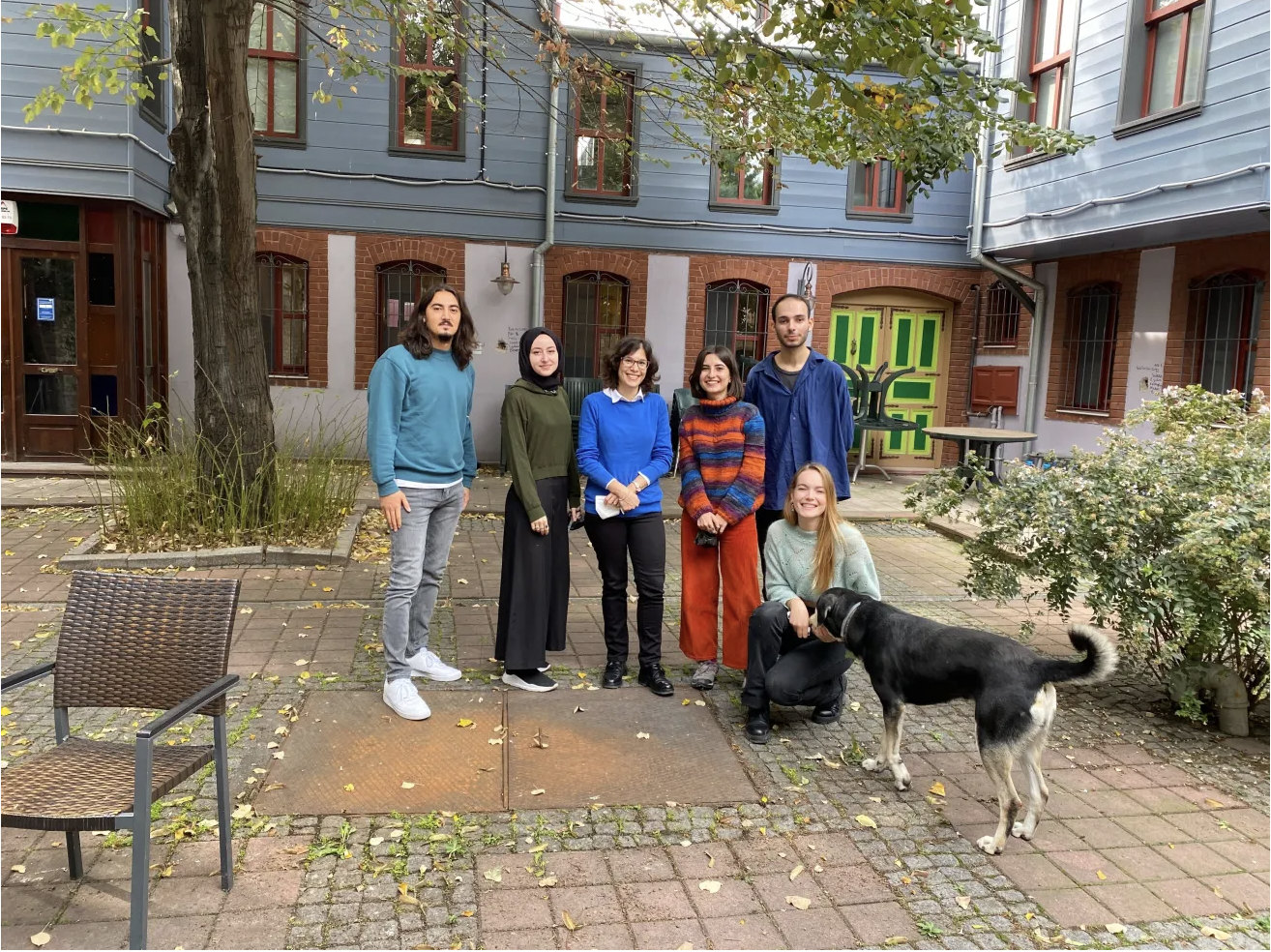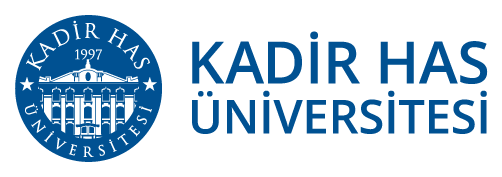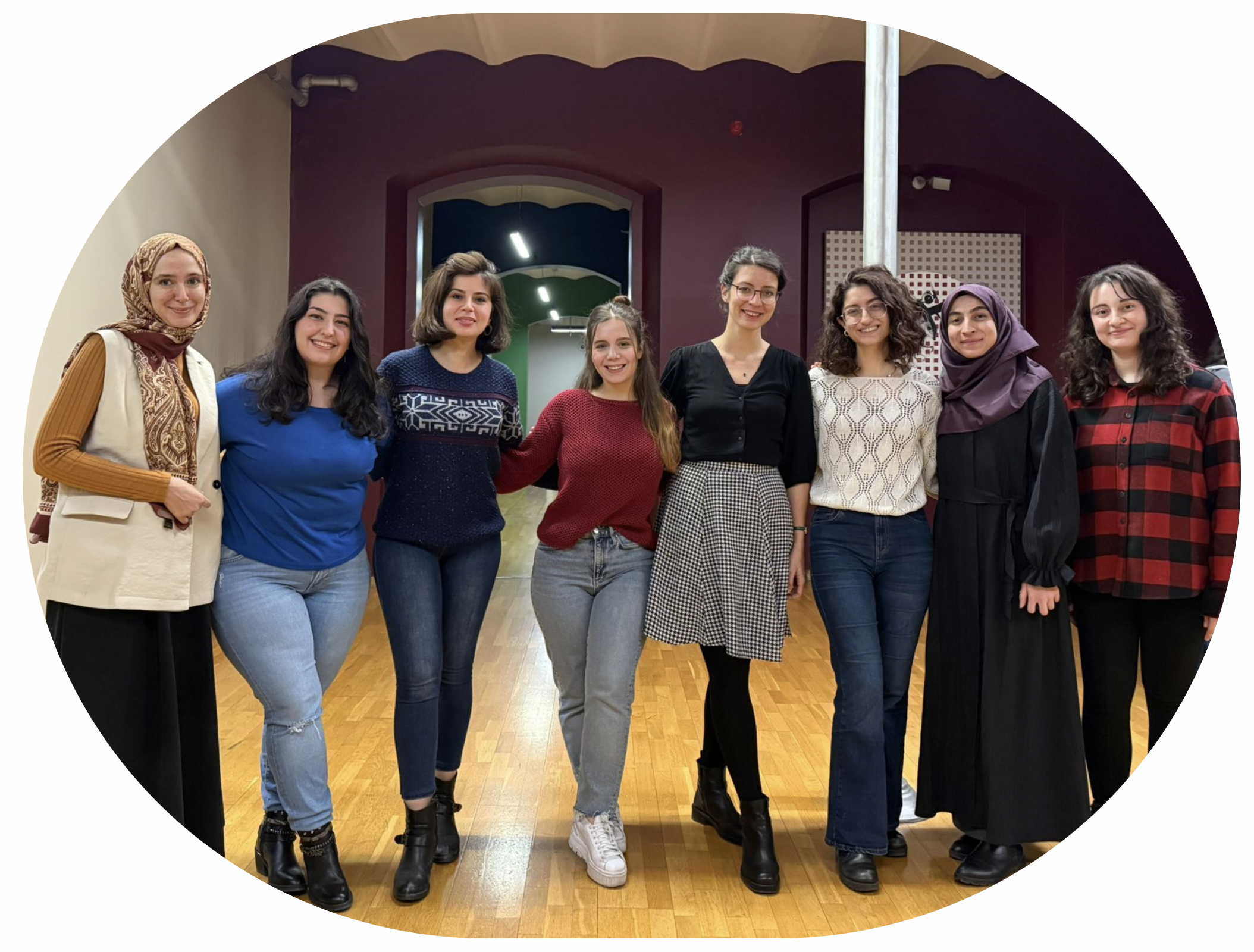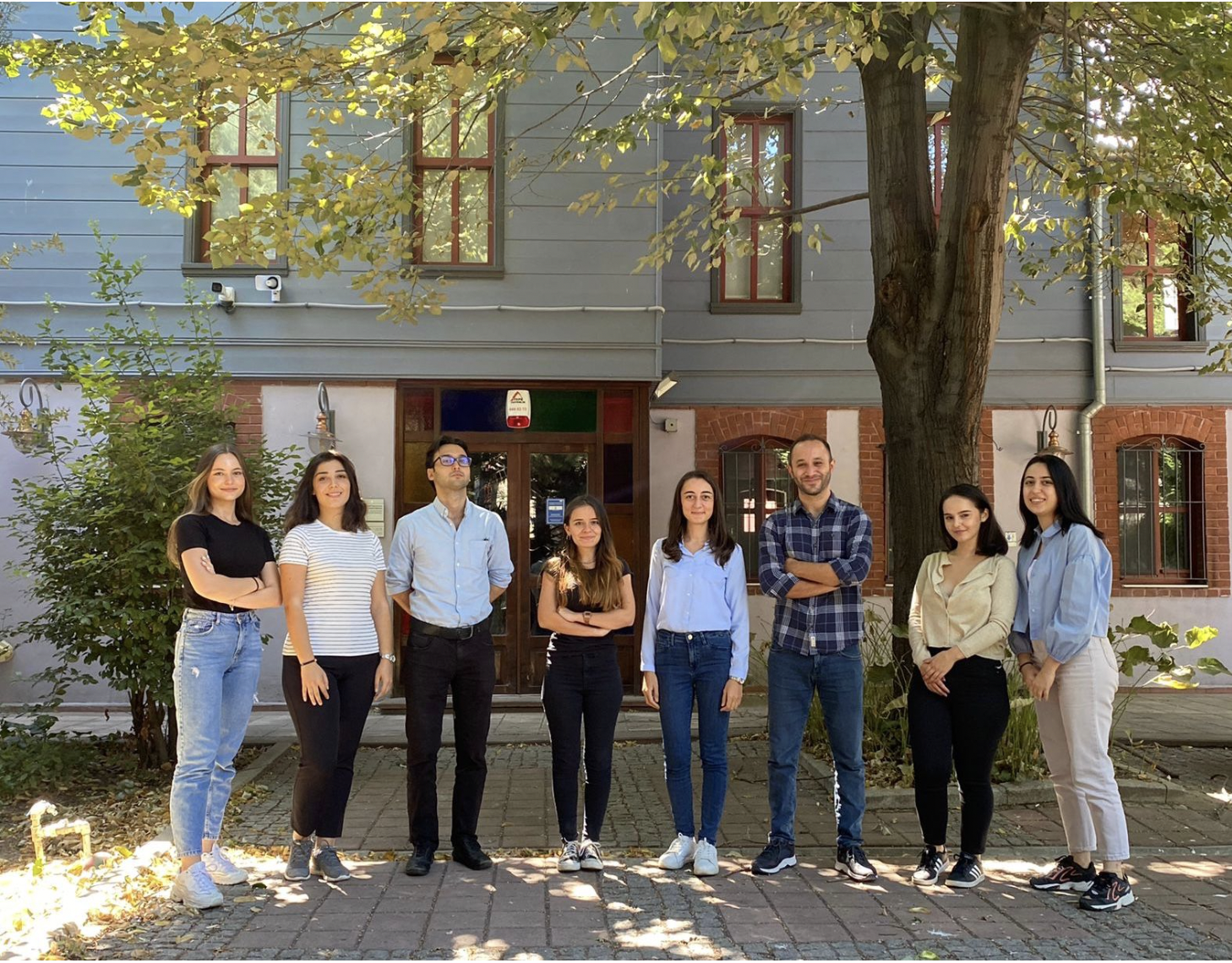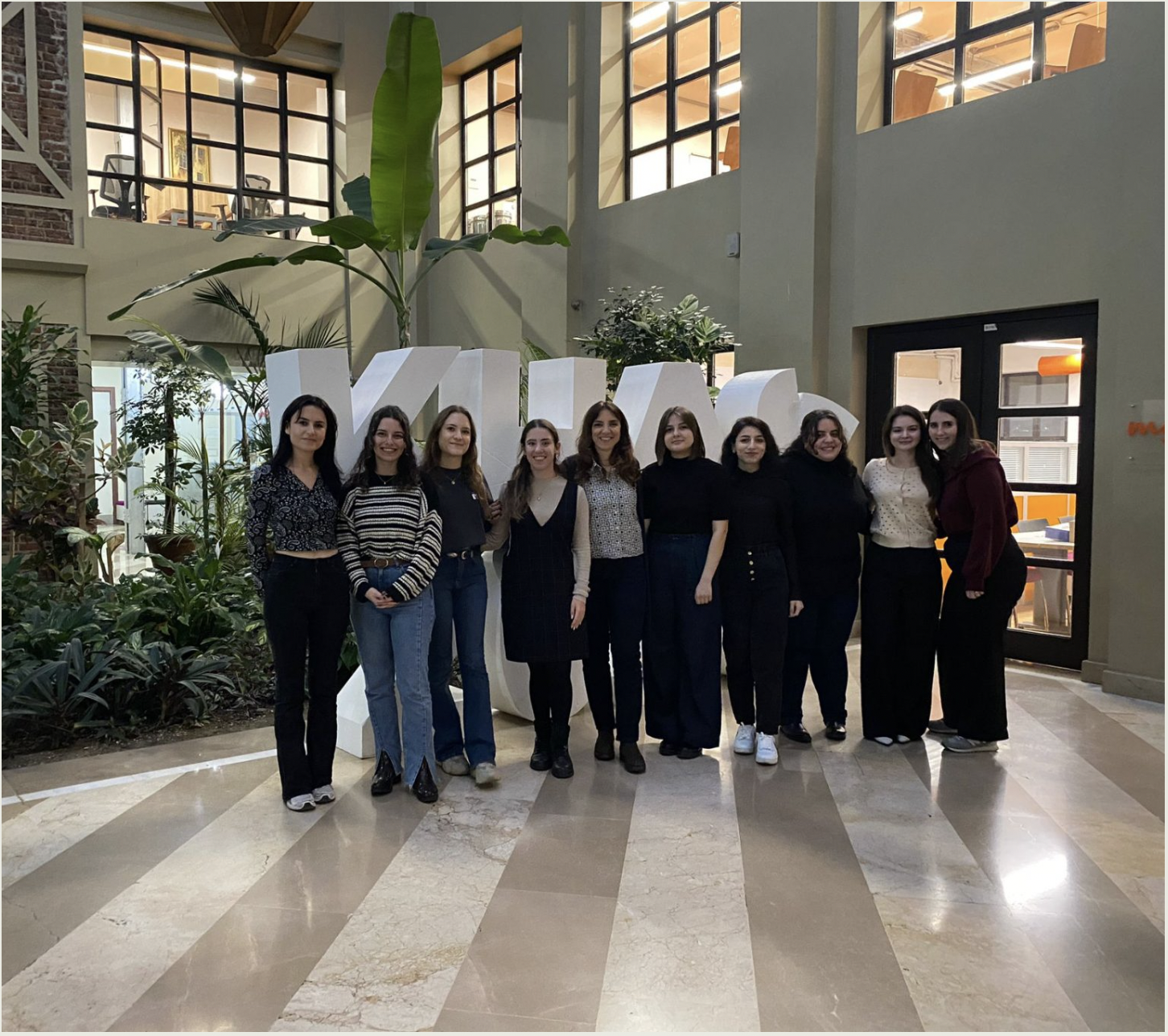Children and Family Research Laboratory
Child and Family Research Laboratory was established within the KHAS Department of Psychology in 2019, with a dedicated focus on researching cognitive development during infancy and early childhood. Our research is centered on the development of children’s self-regulation, attention, and language skills, as well as the environmental factors influencing these developmental processes.
Some of the key research areas within our work include:
Cognitive and linguistic development in preschool children
The interactions between mother-infant dyads and the factors that influence these interactions
The screen usage patterns of both children and parents and its relationship with cognitive development
The development of attention in infants and the factors that impact it
Communication and Relationships Research Lab (CORELab)
The CoRe research group is engaged in the scientific study of emotion, emotion-regulation, and relationship processes and their impact on our daily life. Our projects include the development of romantic relationships, emotional synchrony, interpersonal emotion regulation, modeling interpersonal emotional processes, adult attachment, behavioral systems, and health behavior, and moral decisions. You can find out more at the “Projects” link above.
We study with individuals, couples, and families using a multi-method approach that includes measurement of vocal behaviors, autonomic physiology, observation of behavior, and repeated self-reports (e.g., daily diary) taken in real time over periods ranging from minutes to days. We use statistical approaches that are optimal for modeling data of this complexity including multilevel modeling, structural equation modeling, and time series methods.
Moral Intuitions (MINT) Lab
Moral Intuitions Lab (the MINT Lab) is a psychology research laboratory led by Dr. Onurcan Yılmaz at Kadir Has University, Istanbul. Our group consists of senior researchers, graduate, and undergraduate students. Generally speaking, we study the intersection between morality, politics, religion, and decision making. More specifically, we use a cognitive science perspective to study the influences of intuitive and reflective decision making processes on various belief systems. Our lines of research include, but not limited to:
The content of morality
—What are the universal (and culture-specific) characteristics of our moral judgment?
—We set out to determine the structure of morality from an evolutionary and cultural perspective.
The cognitive roots of moral judgment and behavior
—Are people intuitively selfish or cooperative?
—Why and when would people help someone else if there is a possibility of incurring a cost by helping?
—Are we liberals or conservatives at heart?
—We try to understand the cognitive underpinnings of moral judgments and try to determine which moral foundations are more core (primary), and which ones are more peripheral (secondary).
—We also try to understand the cognitive roots of cooperative behavior from a dual-process perspective.
The consequences of resource scarcity
—Is cooperation under resource scarcity possible?
—How to promote cooperation under resource scarcity?
—Does scarcity (i.e. poverty) impair our decision-making abilities?
—We study the psychological consequences of resource scarcity on moral judgment and behavior as well as on decision making.
The consequences of moral intuitions
—What are the consequences of endorsing different moral intuitions?
—Does subjectivism lead to increased intergroup tolerance?
—Does subjectivism decrease parochialism?
—We try to explore whether activating subjectivism increases tolerance and decreases partisan bias in social dilemma situations.
Morality and religion
—When and how does religion promote cooperation and conflict?
—Is religious prosociality parochial or generalized to out-groups?
—We broadly study the intersection between different types of morality (prosociality, cooperation, normative and meta-ethics) and religious belief.
We try to do our best to be good citizens of science, and strongly advocate the open science movement in psychological science. We also use preregistration and replication attempts as the main outlet of our research.

Social Cognitive and Affective Neuroscience (SCAN) Lab
Welcome to the Social Cognitive and Affective Neuroscience (SCAN) Lab at Kadir Has University! We combine behavioral and electrophysiological methods with computational techniques to examine the sensory and neural mechanisms underlying a variety of social cognitive and emotional processes. We currently utilize a 32-channel BrainVision actiCHamp Plus (Brain Products GmbH, Germany) electroencephalography (EEG) system in the lab, as well as electrocorticography (ECoG) and intracranial EEG (iEEG) systems through our international collaborations in the Netherlands and Japan.
Studies in Language and Bilinguailism (SiLaB)
We focus on research that investigates language and cognition interaction reflected in both linguistic and non-linguistic processes in a lifespan development perspective. We often use bilingualism as a tool to contemplate this important interaction. We investigate how a second language affects the first language and vice versa. Our research topics include a large (e.g., narrative competence, event apprehension, time perception, creativity and executive functioning)
Visual Cognition Lab
The Visual Cognition Lab is located at Kadir Has University in Istanbul and is directed by Ahu Gokce, PhD.
The research topics studied in the lab include the interaction between (visual) attention and memory processes, spatial cognition, and the effect of emotion on attentional processes.
Please feel free to explore to get further information about the Visual Cognition Lab.
